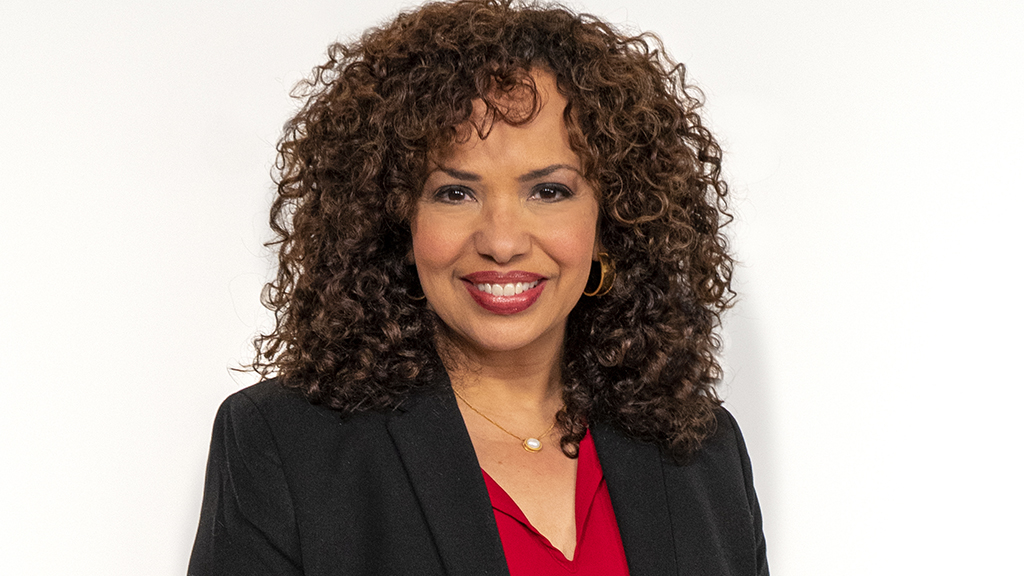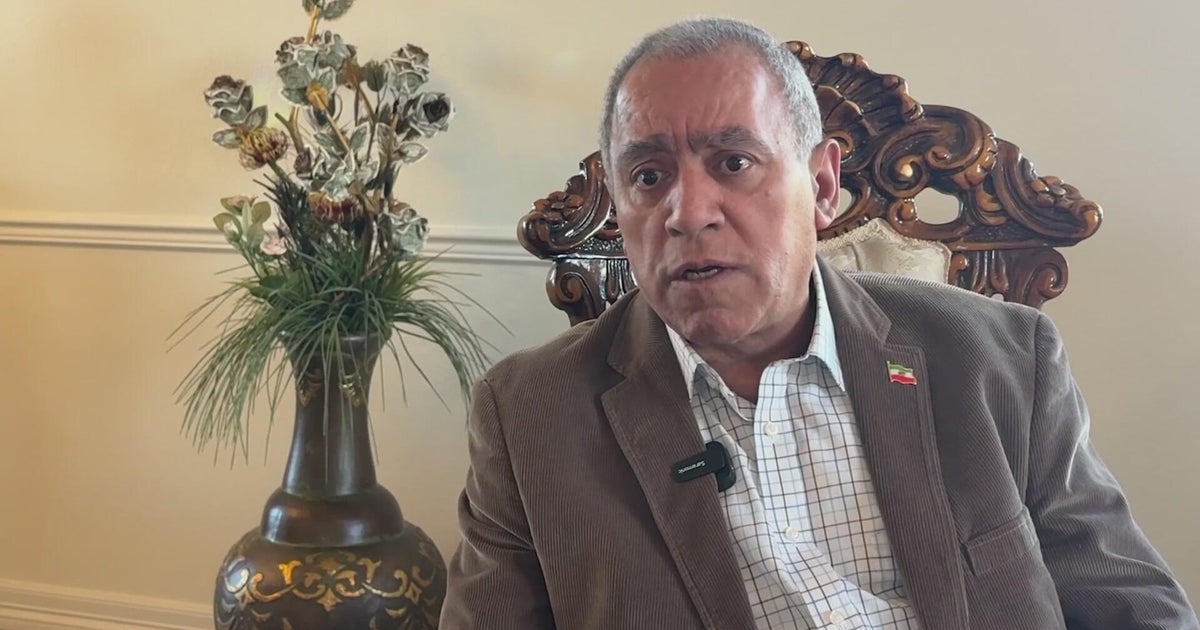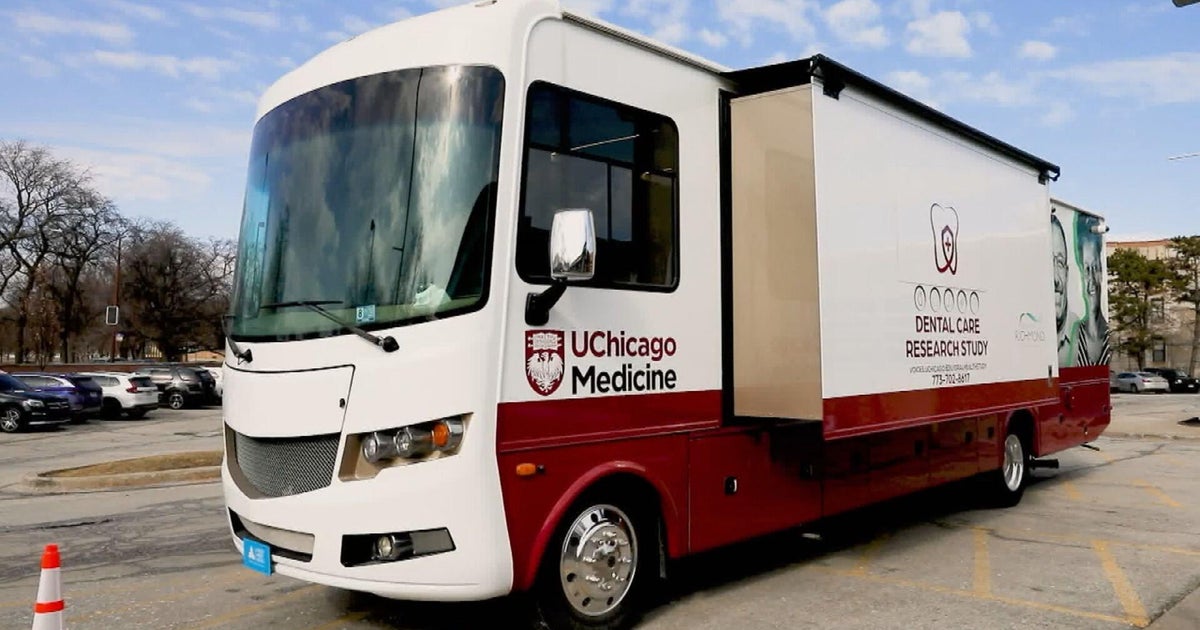Have high blood pressure? New procedure could treat hypertension for life
BOSTON – One out of every two adults will develop high blood pressure, which can lead to a host of problems including heart disease, stroke, and blindness.
Many patients either can't or won't take medication, but a newly-approved procedure could treat help hypertension for life.
When 69-year-old David Leifer was diagnosed with hypertension eight years ago, his doctor told him to change his lifestyle.
"I tried to reduce the salt, the sodium, in my diet and tried to exercise and it didn't really make any difference," he said.
The next step? A pill, but his blood pressure still didn't budge.
Three-quarters of people with high blood pressure don't have it under control. Many don't know they have it in the first place and others don't want to take pills. David was one of them.
So Leifer enrolled in a clinical trial investigating whether a procedure called ultrasound renal denervation could safely and effectively treat hypertension.
A doctor threads a tiny catheter through the groin into the blood vessels that feed the kidneys and applies ultrasound energy to disrupt the renal nerves that contribute to hypertension. It's quick, minimally invasive, and patients are "one and done".
"The safety record is terrific. The FDA voted unanimously in terms of safety to approve the procedure," said Dr. Naomi Fisher, director of hypertension service at Brigham and Women's Hospital, which led the clinical trial in Boston.
She said the technique doesn't work for everyone, but on average, can result in a drop of about 10 mmHg, similar to a good blood pressure pill.
"For a long, long time. We had nothing new to offer," Fisher said. "So for those of us who have been in the hypertension field, taking care of patients with blood pressure, and really struggling looking at the global rate of control, this is very, very exciting news."
Four years later, Leifer remains off medication with good readings. Doctors are hopeful he may never have to take medication again.
Most primary care providers would still recommend lifestyle changes and medication before jumping to a procedure like this, but they say techniques like these provide one more weapon to combat a condition that is only becoming more widespread.








